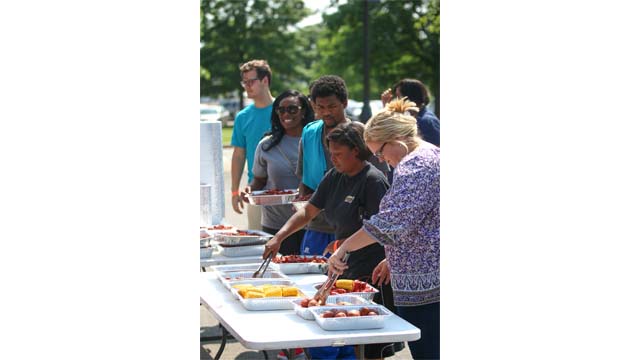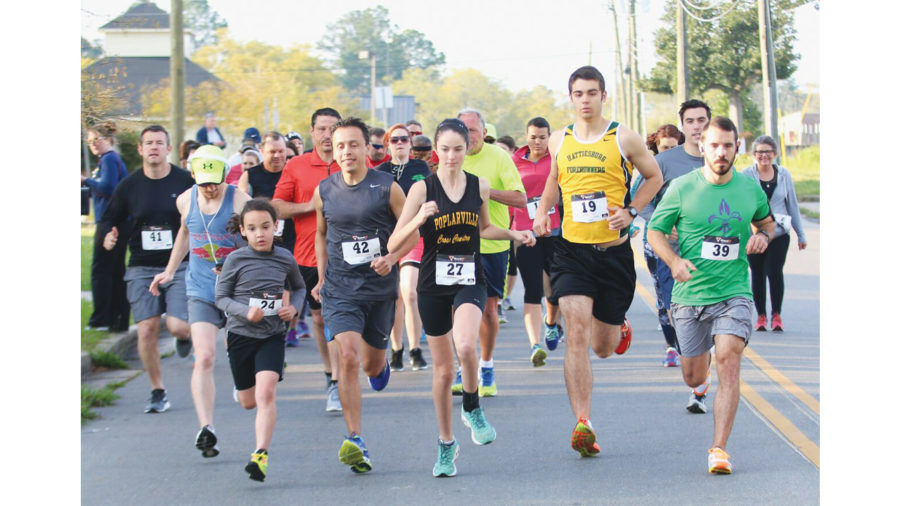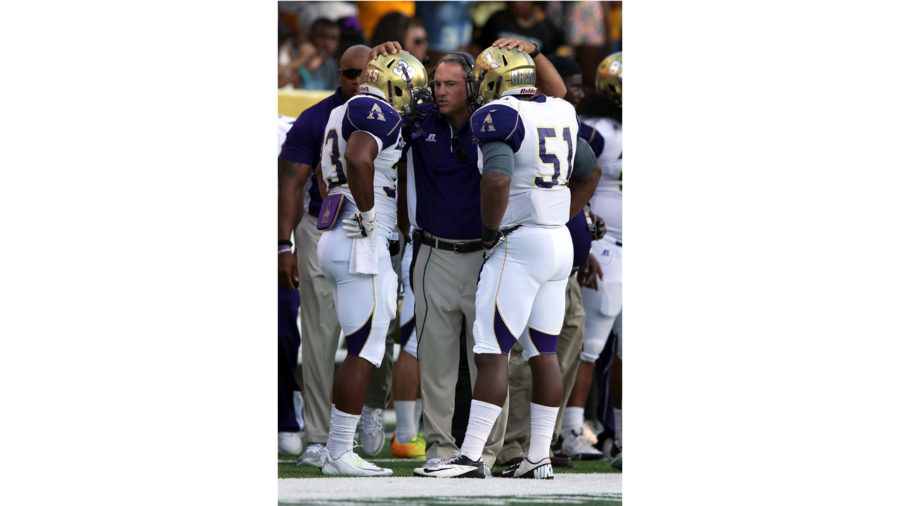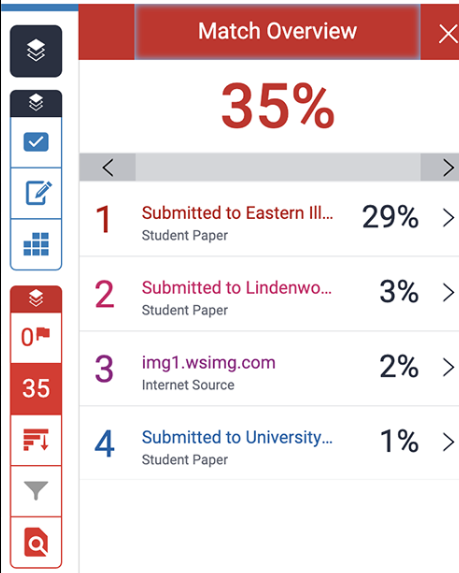Admission to law school is earned through one’s performance and attributes, not his or her major. Student should choose majors that interest and best suit them to develop skills necessary for law school.
The College of Arts and Letters offers several majors that will appeal to students pursuing law school and help them develop the skills to get there. The faculty and staff of the College of Arts and Letters are dedicated to helping students see the world from different perspectives, how to conduct in-depth, ethical research and how to communicate ideas effectively to different audiences. This is obtained through aspects such as religion, philosophy, political science, history, English, anthropology, sociology and interdisciplinary studies.
The pre-law program is composed of three pathways including political science, philosophy and paralegal studies designed to ease the intimidation of law school based on a student’s interests. In this program, students are able to choose which way they view law, whether it is conceptual or factual. It is mainly for students who want to pursue studies in law immediately rather than waiting until law school.
Philosophy is one of the leading majors for law school applicants. Philosophy majors learn how to think about situations from various viewpoints and develop a fundamental understanding of them. The Department of Philosophy and Religion at USM has a dedicated pre-law major with courses such as logic, critical thinking, ethics, philosophy of law, political philosophy, contemporary moral issues and philosophy of human nature to prepare students for success in law school.
“Philosophy majors do exceptionally well on the LSAT and have one of the highest acceptance rates into law school,” said David Holley, chair of the Department of Philosophy and Religion.
Political science is an obvious degree choice for many students pursuing law school. Students choosing this pathway in pre-law will learn to view the world from multiple perspectives, to determine who the stakeholders are and what they have to win or lose in a given situation and to conduct effective evidence-based research.
“Around 30 percent of students that apply to law school study political science,” said Edward Sayre, chair of the Department of Political Science, International Development and International Affairs. “Knowledge of political systems and political behavior allows students to better understand a variety of social and political perspectives, as well as how to think critically. Students are taught to understand and communicate the complexities of both the U.S. legal system and our constitutional structure.”
The paralegal studies pathway in the pre-law program is part of a two-part division in the major. One track is the traditional approach and is for students seeking a career as a paralegal straight out of their undergraduate careers. The second track is the pre-law track and is geared toward preparing students for law school with aspects such as legal research and legal drafting.
Law schools mainly focus on a person’s execution of the Law School Admissions Test (LSAT). The LSAT measures reading comprehension, logical reasoning and analytical reasoning. Institutions seek students with effective communication skills, determination and developmental reasoning.
This past September, the Department of Philosophy and Religion and the Department of Political Science, International Development and International Affairs held Pre-Law Week to benefit students interested in law who may not know how to pursue it.
Pre-Law Week aims to show these interested students the various pathways they can take to achieve a career in the legal field and better prepare them for their law school applications. Throughout the week, students participated in different events such as a mock law school class, classes on preparing for the law school admissions test, and a pre-law luncheon co-hosted by the Hattiesburg Young Lawyers Association and the Hattiesburg Area Bar Association.
The College of Arts & Letters hopes to put on another pre- law event in the spring. This event will be more geared towards helping students who are unsure about applying for law school. Michael Lavender, director of paralegal studies, said the department hopes to have a mock trial during the event.
“Law school is not easy,” Lavender said. “The purpose is to tear down what you think and rebuild it in a more legal way of thinking.”
Whether it is local or international, the pre-law program does its best to prepare its students for whatever law school may throw at them.
Lavender also said the program has been able to give students many opportunities to prepare them for potential future experiences they may have. Students have visited federal courts in New Orleans and were able to talk to officials on the differences between Louisiana law and Mississippi law.
The program has taken students abroad to Strasbourg, France, to sit in on a trial at The European Court of Human Rights allowing students to gain exposure to international law. Students were also able to discuss their experiences with other students from all over the world.
This summer the program will be visiting Rome and studying how Roman law and Catholic law have led to what we have today. This will be another great opportunity for students to see their place in the law internationally.
For further information about the pre-law program and how the College of Arts and Letters helps prepare students for law school, visit either the Department of Philosophy and Religion or the Department of Political Science, International Development and International Affairs.




































